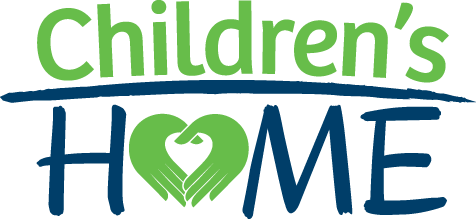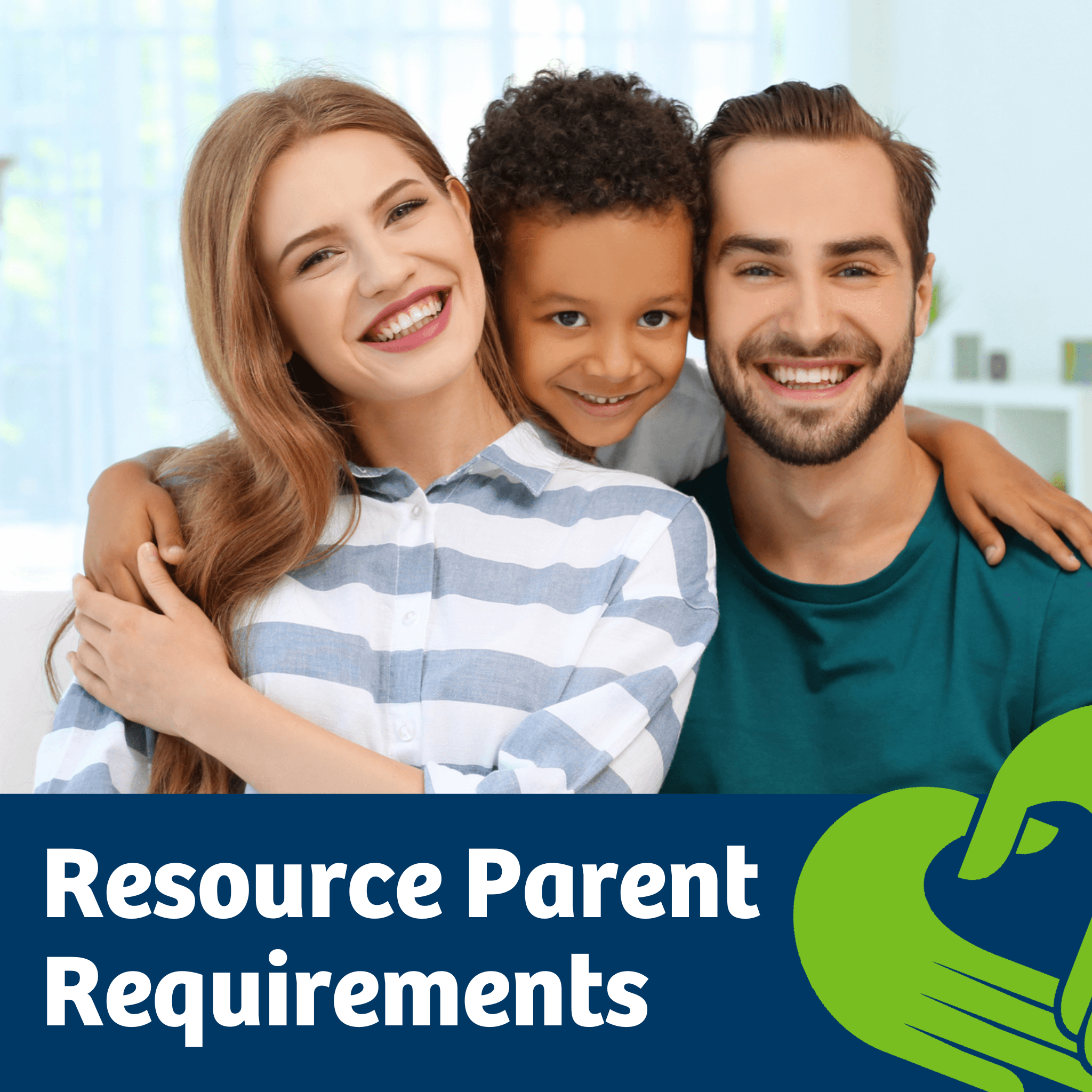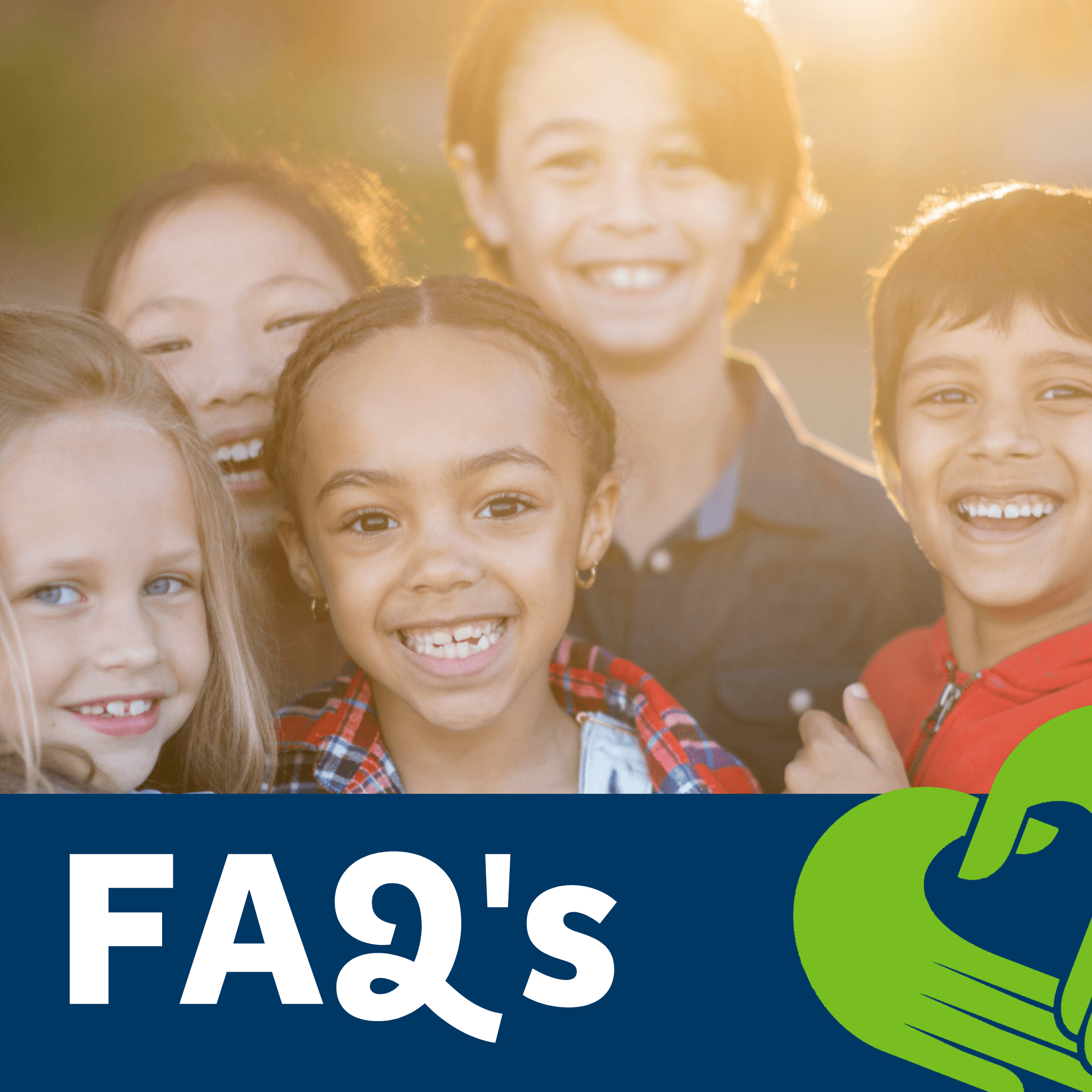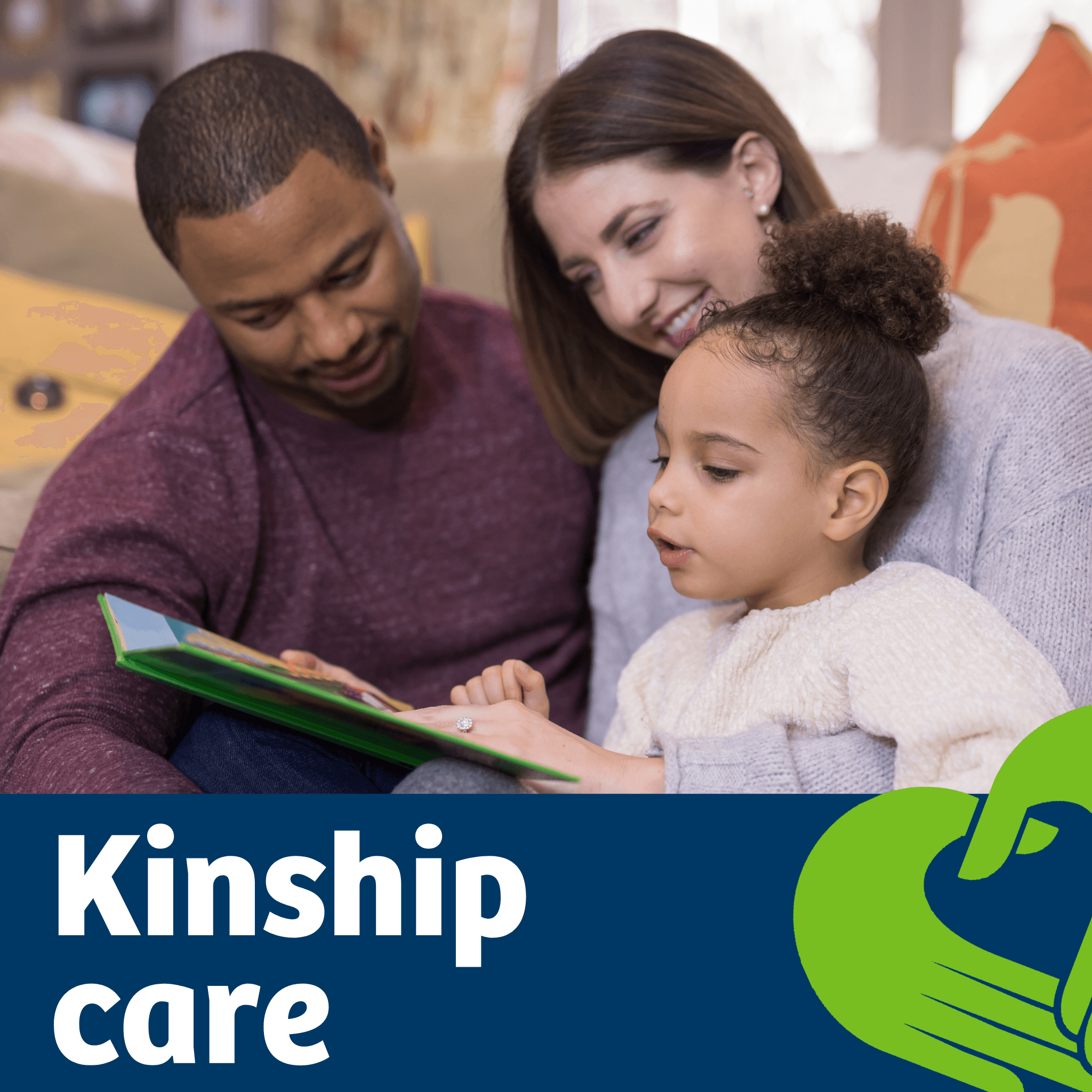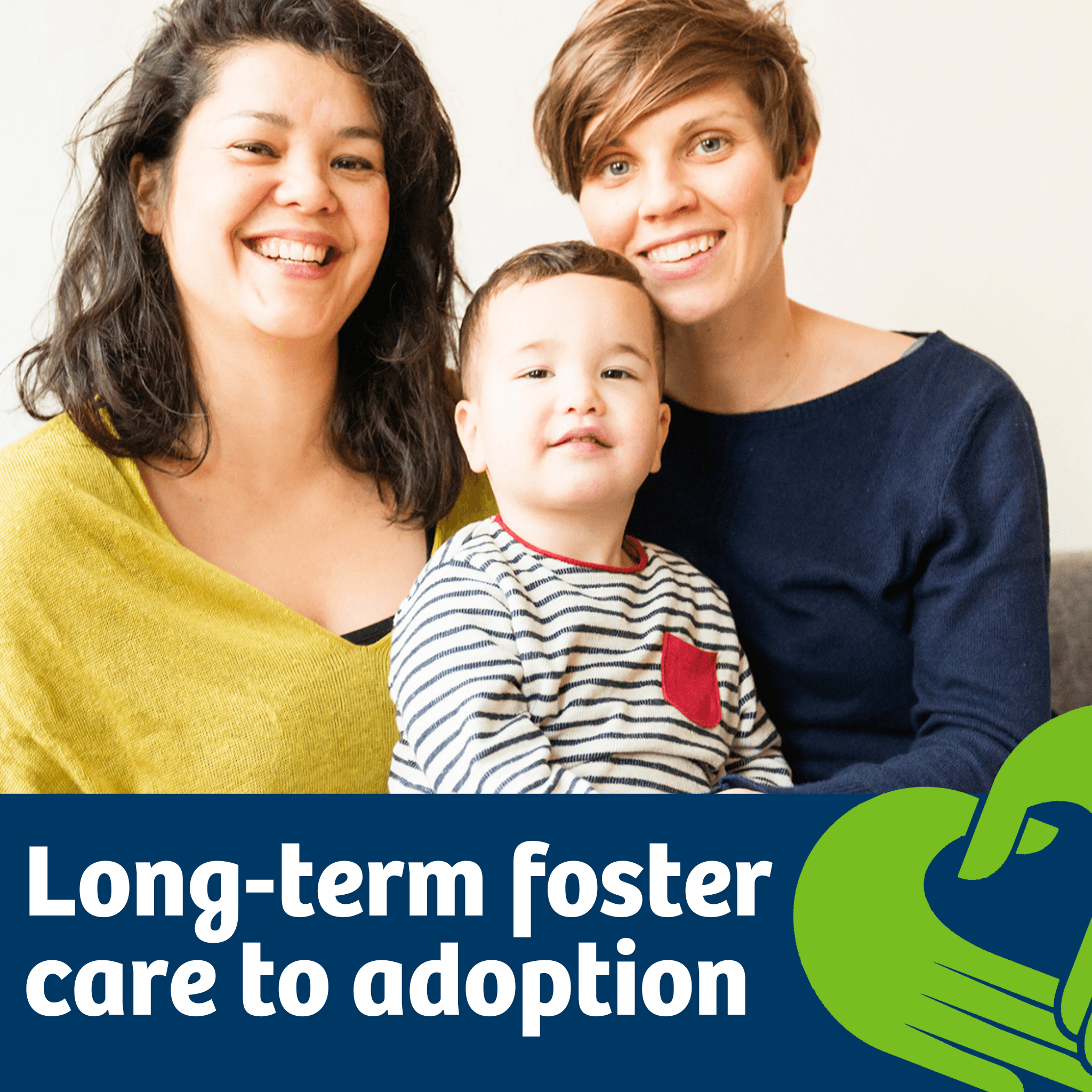Resource vs. Foster Parent
In 1997, The United States passed the Adoption and Safe Families Act. This law caused a shift in philosophy throughout the Human Services profession. All individuals and families should be dually trained and certified to be both foster and adoptive parents, no matter their preference, so that children would not linger in out-of-home care without permanency. These dually trained individuals and families are Resource Parents.
At Children's Home of York, we believe the term "Resource Parent" better defines the vital role these individuals and families play in providing safe, stable, and loving care to the children they welcome into their home. Resource Parents are critical to assisting children mitigate and/or overcome trauma they have experienced which caused them to enter foster care.
Why Should Families Become Resource Parents?
- Make a Difference in a Child's Life: Becoming a resource parent allows you to have a profound and positive impact on the life of a child or youth. By opening your heart and home, you provide a stable and loving environment, helping them through difficult circumstances and providing the care they need.
- Help Reunify Families: Resource parents play a crucial role in supporting the reunification of children with their biological families. While children may temporarily need alternative care, the ultimate goal is often to reunite them with their parents. By offering a nurturing environment and actively supporting reunification efforts, you can contribute to the successful reunification of families.
- Create a Safe Haven: Many children entering the foster care system have experienced trauma, abuse, or neglect. As a resource parent, you can create a safe and secure space where children feel protected, loved, and supported. Your care can help them heal from their past experiences and build a foundation for a brighter future.
- Foster Personal Growth: Becoming a resource parent offers personal growth opportunities for your own family. It allows you to learn about diverse cultures, backgrounds, and experiences. It fosters empathy, compassion, and understanding within your household. Resource parenting can strengthen family bonds as you navigate the joys and challenges of caring for children together.
- Be Part of a Supportive Community: When you become a resource parent, you join a community of dedicated individuals and families who share similar experiences and challenges. This community provides a valuable support system where you can exchange knowledge, seek advice, and find comfort in knowing that you are not alone on this journey.
- Receive Training and Support: Resource parents receive training and ongoing support from social workers, agencies, and organizations involved in foster care. These resources are designed to help you develop the skills needed to care for children with diverse needs effectively. You will have access to support groups, educational materials, and professional guidance throughout your resource parenting journey.
- Make Lifelong Connections: The relationships you build as a resource parent can last a lifetime. For many children, their resource parents become significant figures who provide stability, love, and guidance. Even after children reunite with their biological families or transition to other permanent living arrangements, the connections you form can continue to impact their lives positively.
Becoming a Resource Parent is a commitment that requires dedication, patience, and a willingness to provide a loving and stable environment for children in need. By opening your heart and home, you can make a profound difference in a child's life and contribute to the well-being of families in your community. If you are interested in becoming a resource parent, we encourage you to contact us to learn more about the requirements, training, and support available. Together, we can create brighter futures for children and families in need.
